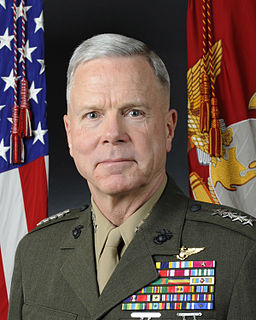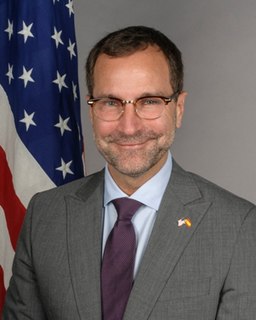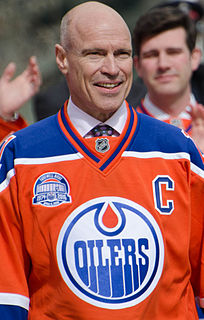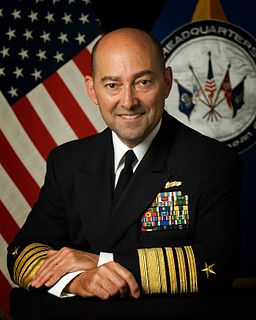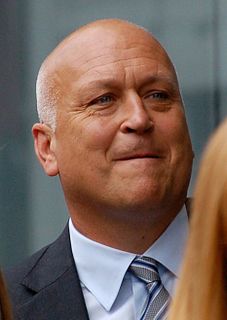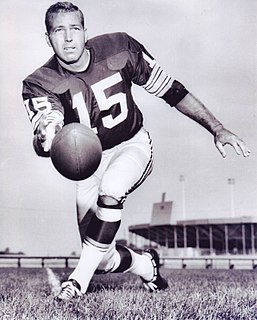A Quote by Deb Haaland
My dad was a 30-year career Marine. He was stationed in Quantico Va., and another military base.
Related Quotes
A Marine is a Marine. I set that policy two weeks ago - there's no such thing as a former Marine. You're a Marine, just in a different uniform and you're in a different phase of your life. But you'll always be a Marine because you went to Parris Island, San Diego or the hills of Quantico. There's no such thing as a former Marine.
We think of the Marine Corps as a military outfit, and of course it is, but for me, the U.S. Marine Corps was a four-year crash course in character education. It taught me how to make a bed, how to do laundry, how to wake up early, how to manage my finances. These are things my community didn't teach me.

